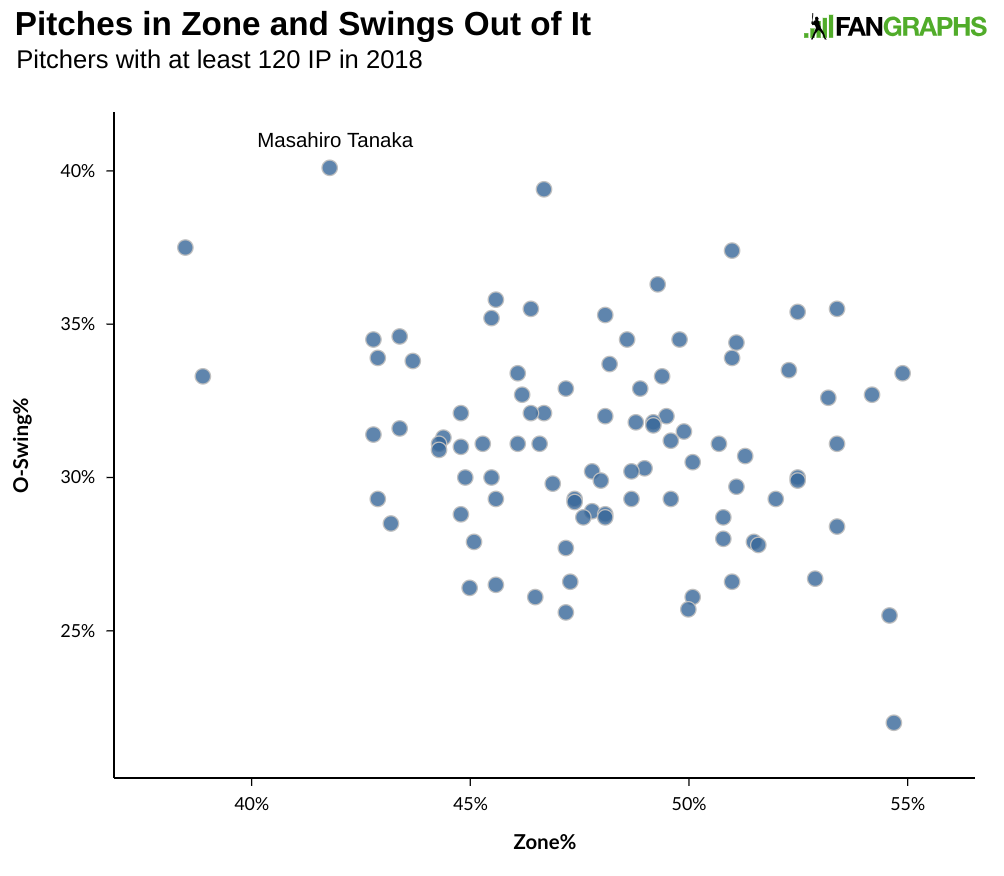Jacob deGrom and the MVP Precedent
Historically speaking, pitchers don’t win MVP awards — or don’t win them often, at least. There are exceptions to the rule, but the honor historically has been reserved for a league’s top position player. The logic among voters generally follows a couple recognizable lines of reasoning. Pitchers don’t play every day, some voters argue. They have the Cy Young all to themselves, say others. Whatever the justification, the record reveals a preference for position players over pitchers. Consider: since reliever Dennis Eckersley won the American League MVP in 1992, only Clayton Kershaw and Justin Verlander have been recognized as their respective league’s most valuable player.
It’s possible that some voters aren’t using entirely sound logic to arrive at their conclusions. Even if they’re employing the wrong process, however, they’re still usually arriving at the correct result: pitchers simply aren’t the best players in their leagues all that often. Position players make an impact at the plate and on defense. They just have more opportunities to create value. Their roles give them a competitive advantage.
Or, they usually provide a competitive advantage. This season, however, that hasn’t been the case. This season, the best player in the National League is likely a pitcher. While a lot of obstacles stand between Jacob deGrom and an MVP award, he deserves consideration — and there’s a really good argument he deserves to win.
Before we get to the more compelling arguments in favor of deGrom’s MVP candidacy, it makes sense to entertain the less compelling ones, too. First among them is the Mets, who have been poor this year. While voters are explicitly told that the MVP needn’t come from a playoff team, voters have typically evaluated a player’s performance in the context of his team’s performance, the logic presumably being that the player in question has been an asset in the most important situations. While the Mets are heading for a high draft pick now, it would be unfair to say that deGrom hasn’t been pitching in meaningful games. Thanks to their strong start, the Mets’ postseason hopes were remained alive into mid-June. Even if you wanted to assess deGrom some sort of penalty for playing for a bad team — let’s say you discount his second-half WAR by 50% — he would still lead the National League by that measure. It’s also worth noting that deGrom leads all National League pitchers in win probability added. In the games he’s pitched, in other words, he has been incredibly helpful to the cause of potentially winning a game, even if the end result has been disappointing.
Ultimately, there will be voters who are dogmatic in their views on which players are eligible for the MVP award. To those who contend, for example, that pitchers oughtn’t win it or that it should go to a member of a playoff team, I have little to say other than the rules and ballot history suggest otherwise. For those who are prepared to entertain the possibility of such a thing, however, then Jacob deGrom has a really good case.





